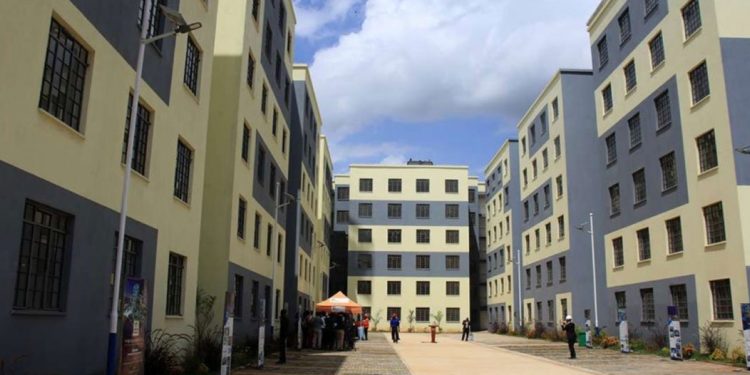Government land banking is a strategic approach where governments acquire and hold land for future development, primarily to support affordable housing initiatives. As of May 2023, the Kenyan government has accumulated 529 land parcels for its affordable housing program. This practice plays a crucial role in addressing housing affordability challenges, particularly in rapidly urbanizing areas.
One key benefit of land banking is the ability to secure land at more favorable prices by acquiring it in advance. This can significantly reduce development costs, enabling governments to pass these savings on to homebuyers, thus making housing more affordable.
Additionally, land banking allows for strategic planning, as governments can carefully select locations with adequate infrastructure, amenities, and proximity to essential services. This ensures that affordable housing projects not only provide homes but also improve the quality of life for residents while driving economic growth in surrounding communities.
Another important aspect of land banking is its potential to revitalize specific areas in need of development. By focusing on these areas, governments can foster the creation of more inclusive, vibrant communities that go beyond just providing housing.
Acquiring land in advance helps to prevent land speculation, which can inflate prices and make housing affordability more difficult to achieve. Through this approach, land banking stabilizes the housing market and ensures that land is utilized for its intended purpose—creating affordable housing.
Land banking also lays the groundwork for long-term affordable housing initiatives. By securing land for future projects, governments ensure a steady supply of affordable housing options, even in times of economic uncertainty. This long-term planning addresses both current and future housing needs, promoting social stability and economic prosperity.
Land banking is a valuable tool for governments aiming to tackle affordable housing challenges. By acquiring and holding land strategically, they can reduce costs, enhance community development, and ensure a sustainable supply of housing. This approach represents not only a practical solution to housing affordability but also a strategic investment in the well-being of communities and the long-term economic health of a nation.

















